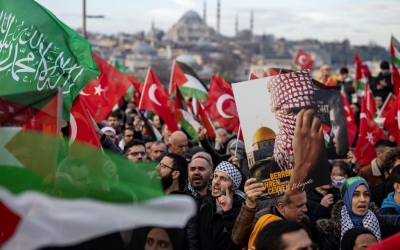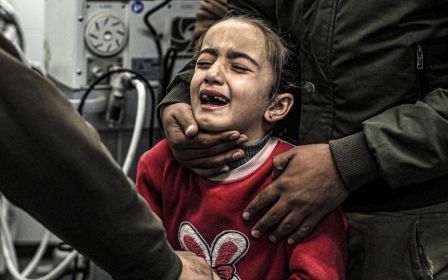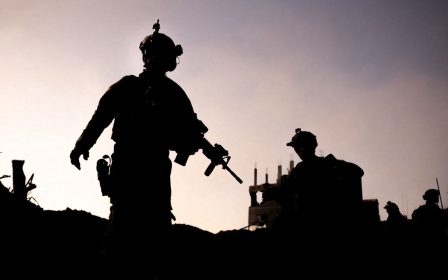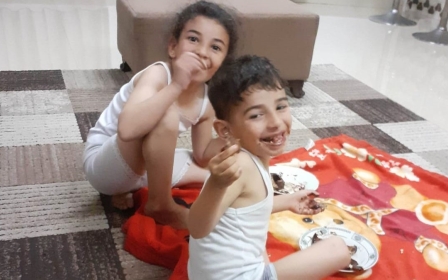Where does the world stand on South Africa's genocide case against Israel?
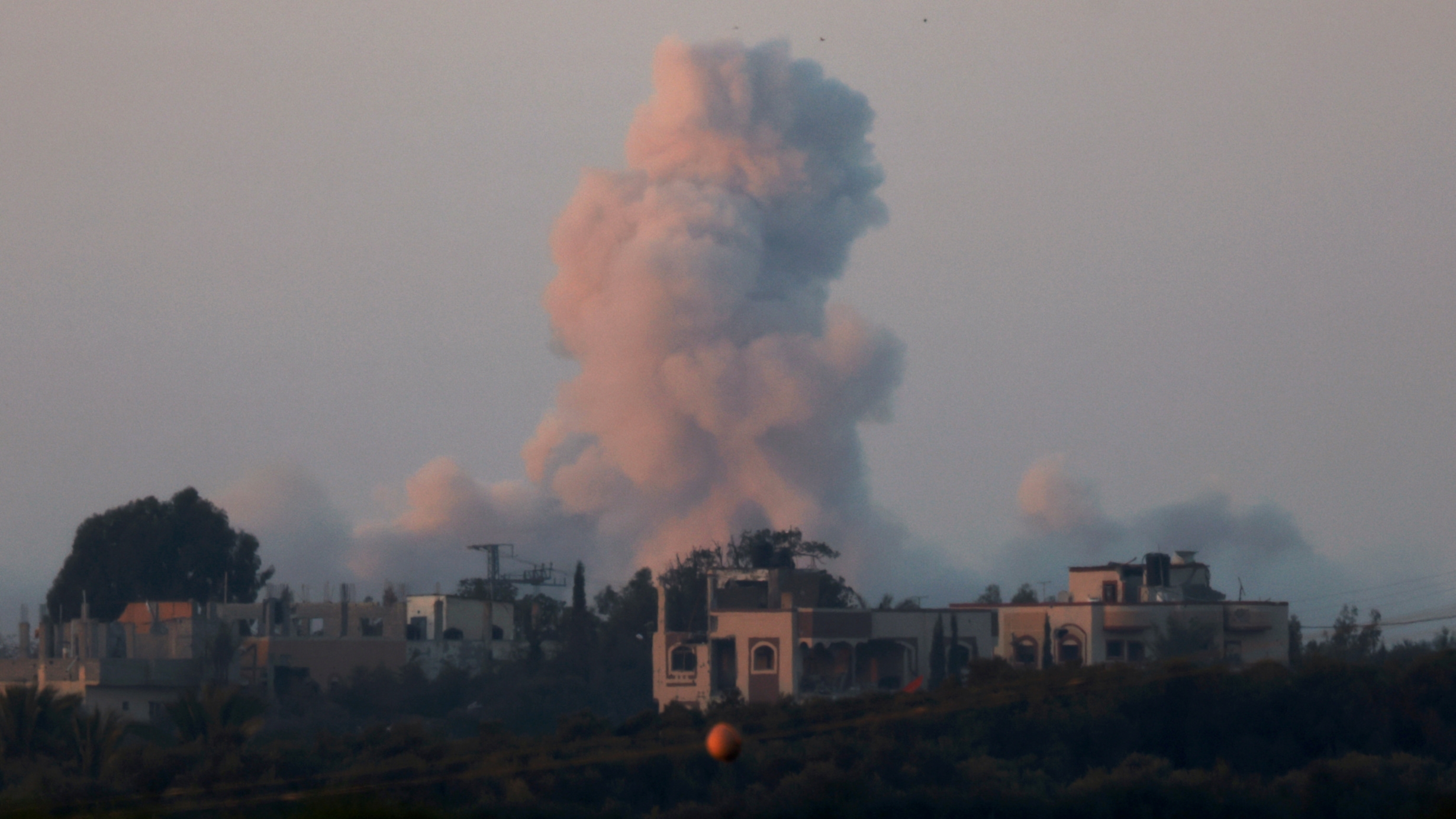
The International Court of Justice (ICJ) is holding its first hearing on South Africa’s genocide case against Israel on Thursday.
Several countries revealed their positions on the case filed to the Hague-based court before proceedings began on Thursday.
The 84-page lawsuit, filed on 29 December, claims Israel has violated the 1948 Geneva Convention, put in place in the aftermath of the Second World War and the Holocaust.
In its submission, South Africa calls for a halt to Israel’s military activities in Gaza, which have killed over 23,000 Palestinians, including at least 9,000 children.
As both South Africa and Israel are signatories to the UN Genocide Convention, the ICJ has jurisdiction to rule on any state disputes over the treaty.
New MEE newsletter: Jerusalem Dispatch
Sign up to get the latest insights and analysis on Israel-Palestine, alongside Turkey Unpacked and other MEE newsletters
Some states that do not recognise Israel support the proceedings but have not formally joined South Africa's application as it would mean de facto recognition of the state.
Here are the reactions from states and international bodies.
Organisations and states in support of South Africa
The Organisation of Islamic Cooperation (OIC)
One of the earliest reactions to the case came from the OIC, a 57-member bloc of Muslim-majority countries, including Saudi Arabia, the United Arab Emirates, Morocco and Iran.
The organisation expressed its support for the case on 30 December.
Malaysia
The Malaysian Ministry of Foreign Affairs said in a statement that it “welcomes the application by South Africa instituting proceedings against Israel before the International Court of Justice” and called on Israel to “end its atrocities against Palestinians”.
Malaysia, the first country to publicly endorse South Africa, has no diplomatic relations with Israel and does not recognise the state at all. It has regularly condemned Israel’s actions against Palestinians on the international stage.
Turkey
Turkey’s Ministry of Foreign Affairs released a statement on X, formerly known as Twitter, expressing its support for the South African lawsuit.
Prior to 7 October, Turkey and Israel seemed to be mending ties after years of tensions. That changed following the war on Gaza, with Turkey recalling its ambassador to Israel over the “humanitarian tragedy” in Gaza.
Turkey's President Recep Tayyip Erdogan even claimed Israeli Prime Minister Benjamin Netanyahu was no different from Hitler.
Netanyahu hit back, accusing Erdogan of committing genocide against Kurdish people.
Jordan
Jordan’s foreign minister, Ayman Safadi, said on 4 January that his country backs South Africa’s lawsuit.
Jordan is the second Arab country to have normalised ties with Israel, in 1994, but faces pressure to take a strong stance against the war in Gaza, which has sparked mass protests in the country.
A significant portion of the country’s population is of Palestinian descent and support for Palestine in the current war is running extremely high.
Jordan recalled its ambassador to Israel on 1 November.
Bolivia
Bolivia called South Africa’s move a “historic step in the defence of the Palestinian people” and strongly endorsed the genocide case.
Bolivia, along with South Africa, Bangladesh, Comoros and Djibouti “presented a request to the Prosecutor of the International Criminal Court (ICC) to investigate the situation in the State of Palestine” on 17 November.
The country severed ties with Israel on 31 October and recalled its envoy.
Lebanon
On the first day of the hearing, Lebanon's foreign ministry announced its endorsement of the case and thanked South Africa "for taking this principled position and for all its endeavours".
Lebanon is the second Arab state to issue an individual statement. The country's border with Israel has seen regular clashes between armed group Hezbollah and the Israeli army ever since 8 October, raising fears of a wider conflict.
The clashes have killed over 130 Hezbollah fighters, an unclear number of Israeli soldiers, dozens of Lebanese civilians and displaced tens of thousands on both sides.
Other countries, such as Venezuela, Pakistan, Bangladesh, the Maldives, Namibia and Nicaragua also expressed their support.
France and Costa Rica reiterated their trust in the ICJ, and France said it would support whatever decision the court reaches.
Mexico, meanwhile, called on states to refrain from using their veto power should they oppose the court’s findings.
On the day before the start of the hearing, the Arab League expressed its support for the South African case.
“We would have liked the League to be able to join the call, but as an organization, it is not among the parties authorized to do so,” secretary general Ahmed Aboul-Gheit said on X.
Iran, Brazil and Colombia also backed the lawsuit on Wednesday, with Colombian President Gustavo Petro saying it is “very clear that the acts and intentions of Israel constitute genocide”.
Indonesia, while not a state party to the Genocide Convention, said it backs South Africa "morally and politically."
Tunisia, meanwhile, said it would not join any proceedings against Israel at the ICJ "because of the implicit recognition of this [Israeli] entity," but will participate in the oral hearing.
Countries opposing the lawsuit
Several states, most notably Israel’s western backers, are openly against the lawsuit.
Most notably, the United States has repeatedly denied that Israel is guilty of genocide, calling South Africa’s submission “meritless” and “counterproductive”.
Similarly, British Foreign Secretary David Cameron referred to the case as “unhelpful” and reiterated that Israel has “the right to defend itself”.
Ireland, a longtime supporter of Palestinian rights, announced it would not join South Africa in the lawsuit, with Taoiseach Leo Varadkar saying countries “need to be careful” with the use of the term “genocide” and wondering if actions by Hamas during the 7 October attack could also be classified as genocidal.
Guatemala also opposed the case, and Hungary’s foreign minister went as far as calling it a “legal attack against Israel”.
Middle East Eye delivers independent and unrivalled coverage and analysis of the Middle East, North Africa and beyond. To learn more about republishing this content and the associated fees, please fill out this form. More about MEE can be found here.


